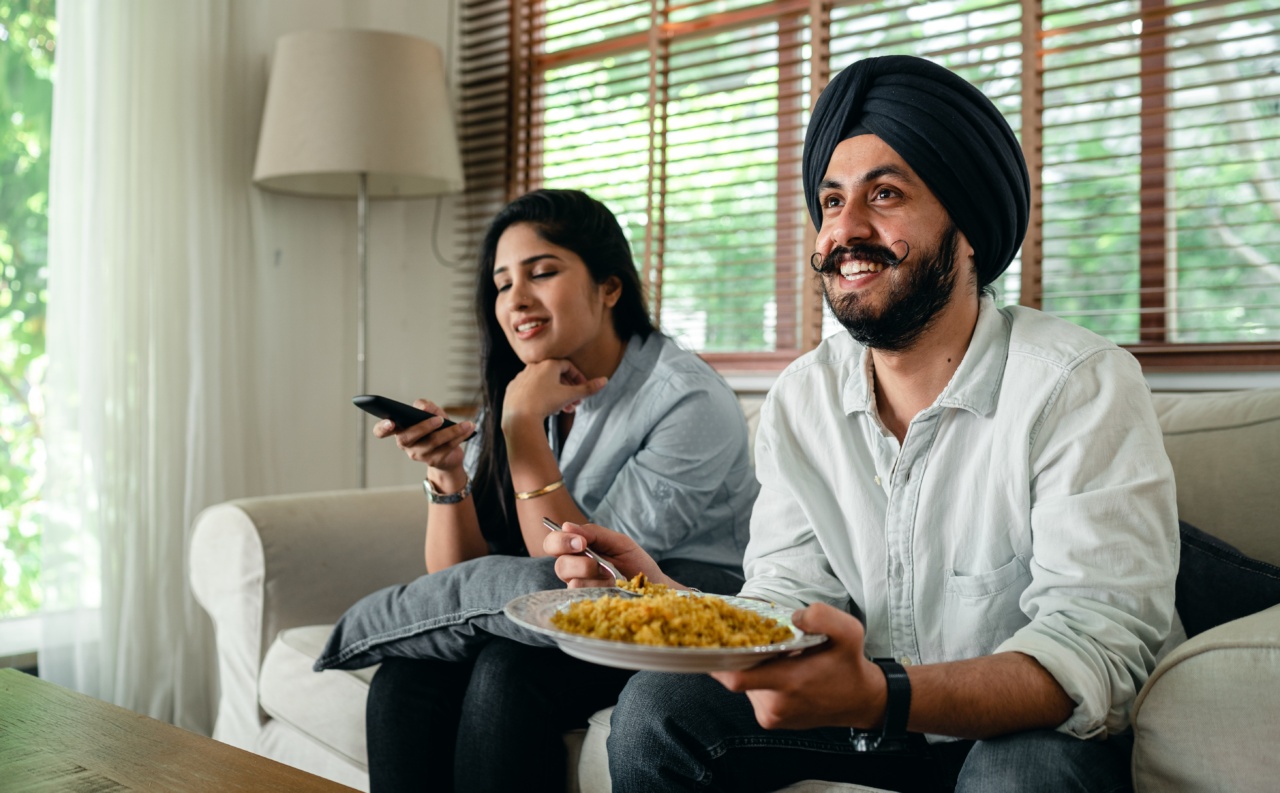Diabetes is a chronic disease that affects the body’s ability to produce or respond to insulin. Insulin is a hormone that regulates blood sugar levels.
High blood sugar levels can lead to a range of health problems, including heart disease, kidney failure, and blindness.
Why Dinner Time is Important for Controlling Diabetes?
For people with diabetes, dinner time is critical because it’s typically the last meal of the day. Dinner can affect blood sugar levels throughout the night, and if not managed correctly, can lead to high blood sugar levels in the morning.
Studies have shown that eating dinner earlier in the evening, ideally around 18:00, can help with diabetes management.
The Importance of Portion Control
The key to successful diabetes management is keeping blood sugar levels in a healthy range. One way to control blood sugar levels is by monitoring portion sizes. Overeating, even healthy foods, can cause blood sugar levels to spike.
It is important to work with a healthcare provider or diabetes educator to determine appropriate portion sizes based on individual needs.
Choose the Right Foods for Dinner
Eating a balanced diet with the right combination of carbohydrates, protein, and fat is important for diabetes management. Choosing healthy, low-glycemic index (GI) foods can help prevent blood sugar spikes. Some examples of low-GI foods include:.
- Whole-grain bread and pasta
- Fruits and vegetables
- Lean protein sources like fish, tofu, and legumes
Timing is Everything
Eating at the right time can also help with diabetes management. Eating at regular intervals, ideally every 3-4 hours, can help keep blood sugar levels stable throughout the day.
Eating dinner too late can cause blood sugar levels to spike and make it difficult to manage diabetes overall.
Don’t Skip Dinner
Skipping dinner is not recommended for people with diabetes. Skipping meals can cause blood sugar levels to drop too low, leading to hypoglycemia. It can also lead to overeating later in the evening, which can cause blood sugar spikes.
Managing Diabetes with Exercise
Physical activity is important for overall diabetes management. It can help with weight loss, improve blood sugar control, and reduce the risk of some complications.
Incorporating exercise after dinner can also help control blood sugar levels throughout the night.
Working with a Healthcare Provider
Successful diabetes management involves working closely with a healthcare provider or diabetes educator. They can help with creating meal plans, monitoring blood sugar levels, adjusting medications, and providing support and education.
It’s important to work with a healthcare provider to develop a customized diabetes management plan that works for individual needs.
Conclusion
Dinner time is critical for managing diabetes. Eating at the right time, monitoring portion sizes, and choosing the right foods can help control blood sugar levels and prevent complications.
Working with a healthcare provider is important for developing a successful diabetes management plan.





























